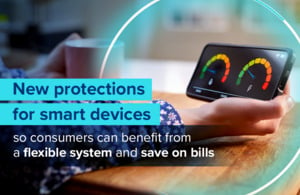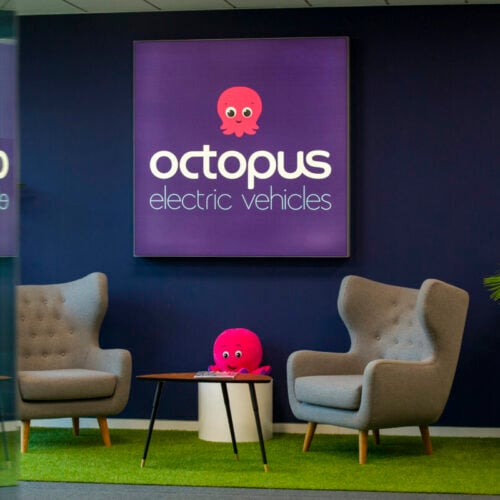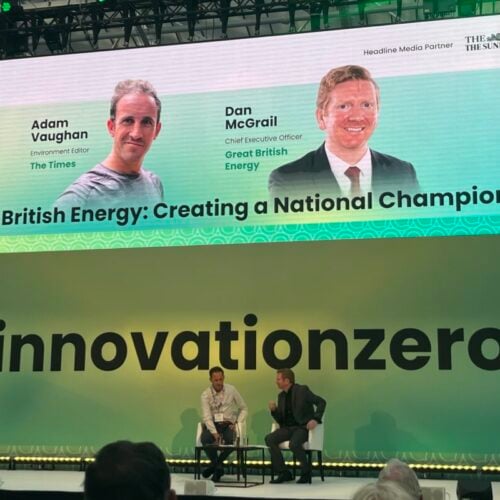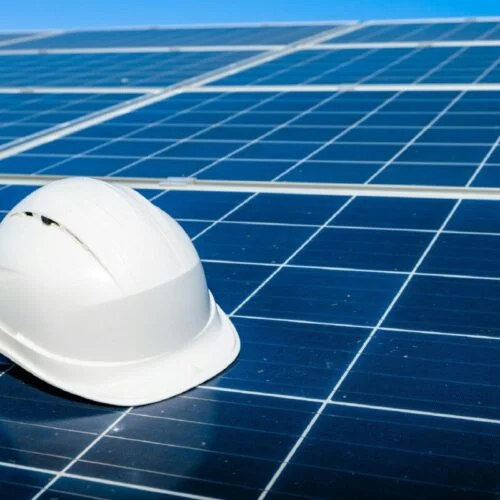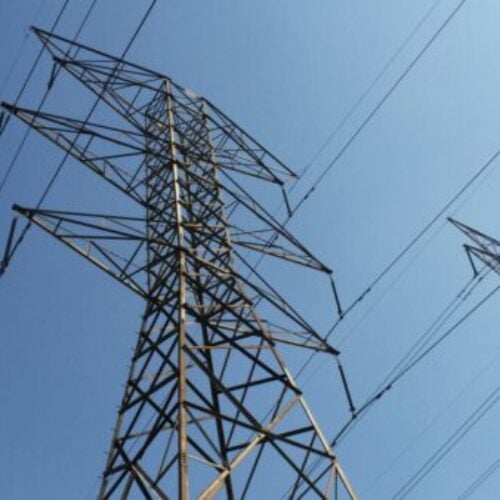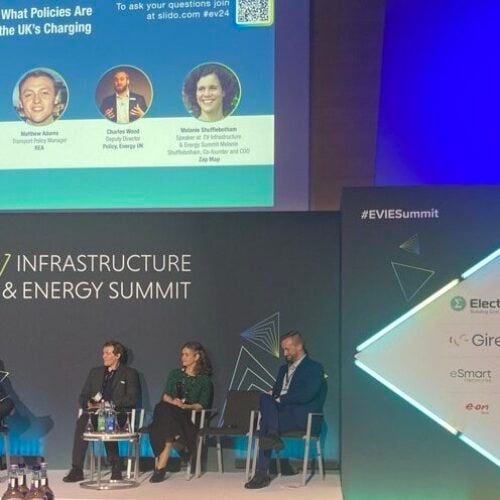The UK government has introduced new measures to make the country’s electricity system cheaper, smarter and more flexible.
As announced by the Department for Energy Security and Net Zero (DESNZ), new proposals set out in a consultation yesterday (April 16) will introduce minimum requirements for cyber security, grid stability and minimum product standards for energy-smart appliances.
These aim to give consumers confidence in using smart devices and facilitate their benefit from cheaper bills.
Electric heating appliances with the greatest flexibility potential – like heat pumps – could also be required to have smart functionality.
Smart appliances enable consumers to manage their energy use and benefit from cheaper tariffs at times of low electricity demand. For example, a smart charge point waits for a period of low demand overnight to charge the electric vehicle (EV).
Transferring electricity use away from peak periods will ease pressure on the grid, reduce reliance on backup fossil fuel generation, and reduce the need for new infrastructure like pylons.
DESNZ estimates that the use of smart systems and flexibility could create 10,000 jobs and increase GDP by up to £1.3 billion by 2050. Exporting the technology could create a further 14,000 jobs.
Proportionate standards will be set for organisations providing smart energy services, giving consumers the power to easily compare services, ensuring they are not unfairly locked in or out of contracts, and preventing the misselling of services.
These measures will act as additions to households who already have a smart meter installed; smart meters support the flexible operation of smart appliances, and they unlock smart tariffs for consumers, helping them save energy and money.
Over half of British homes already have smart meters, which means they can access cheaper, off-peak energy tariffs. These tariffs can save households around £900 a year.
It is worth noting that the total bill savings to households over the course of the smart meter rollout are estimated to be £5.6 billion.
The government also aims to reduce the barriers to those switching providers and strengthen cybersecurity and data protection requirements for all smart energy providers.
Minister for Energy Efficiency and Green Finance Lord Callanan said: “Smart devices mean consumers with a smart meter can easily use the cheapest tariffs to charge their car or heat their home. These latest measures will help families get the best deal through their smart device and could help save up to £50 billion by 2050 – meaning lower bills for families while supporting up to 24,000 jobs across the UK.”
Ofgem’s parallel
On a similar note, just earlier this month, regulation watchdog Ofgem set its objectives and priorities for the next five years, emphasising its dedication to “protect, build, change and deliver”.
The new strategy, which the regulator dubbed as ‘living’, is being implemented as the country transitions away from the energy crisis that rocked the UK from 2022-23 and into an energy landscape set to be dominated by variable renewable generation.
Ofgem’s primary focus will be to ensure market stability and continue to protect consumers from energy prices that are still 49% higher than pre-energy crisis levels.
To ensure that prices remain stable for consumers, Ofgem has outlined five priorities that will shape the energy regulator’s work going forward as it accelerates the transition from gas to renewable forms of energy and helps customers.
These five priorities are as follows:
- Shaping a retail market that works for consumers.
- Enabling infrastructure for net zero at pace.
- Establishing an efficient, fair and flexible energy system.
- Advancing decarbonisation through low-carbon energy and social schemes.
- Strengthening Ofgem as an organisation.
